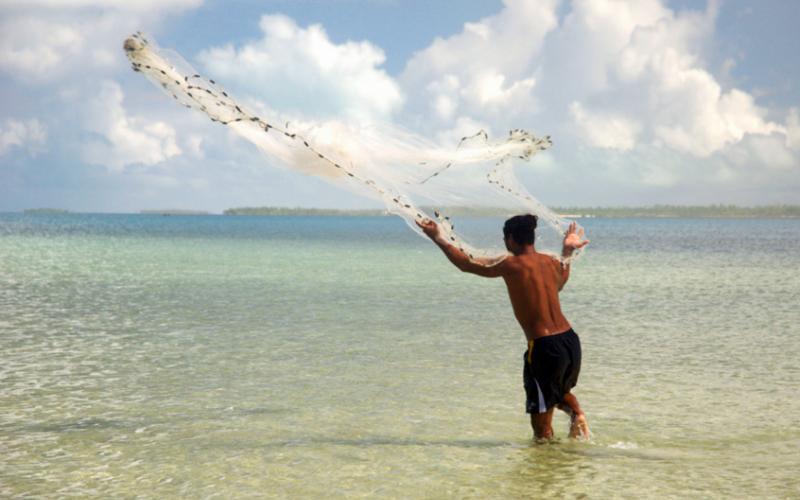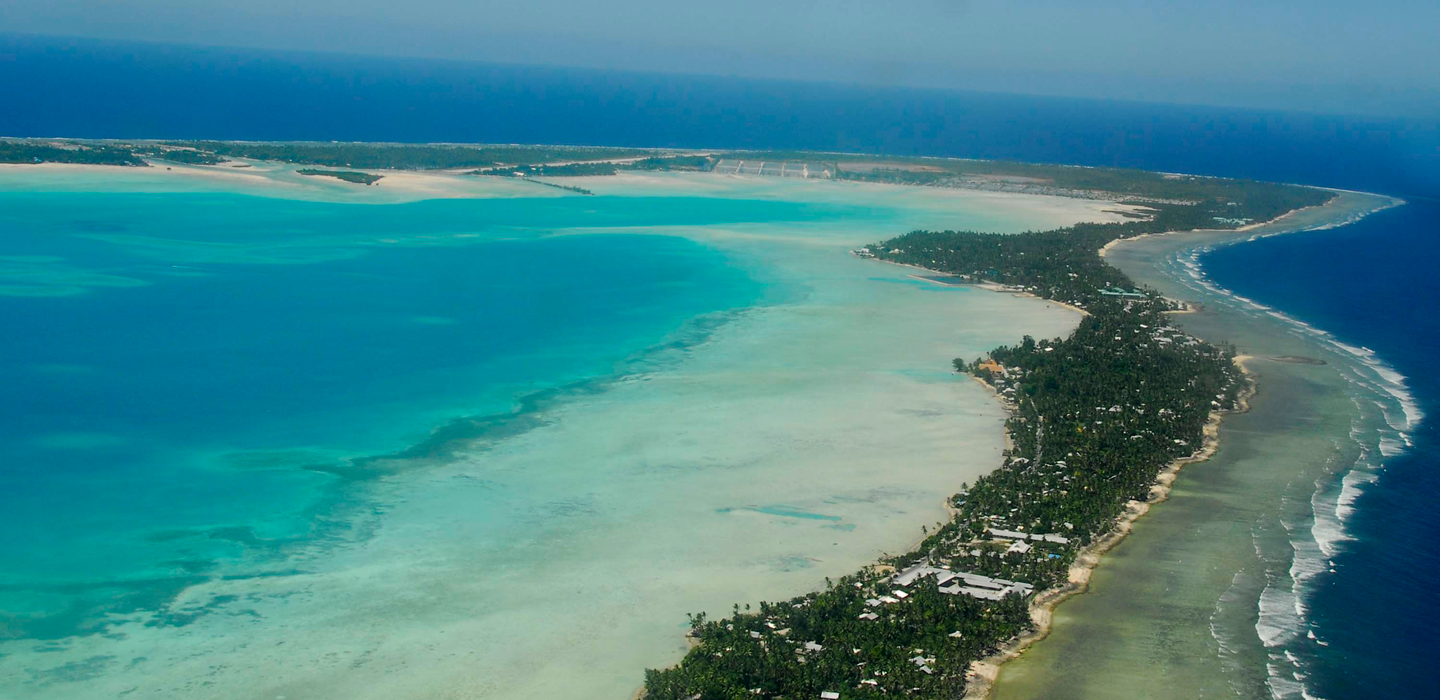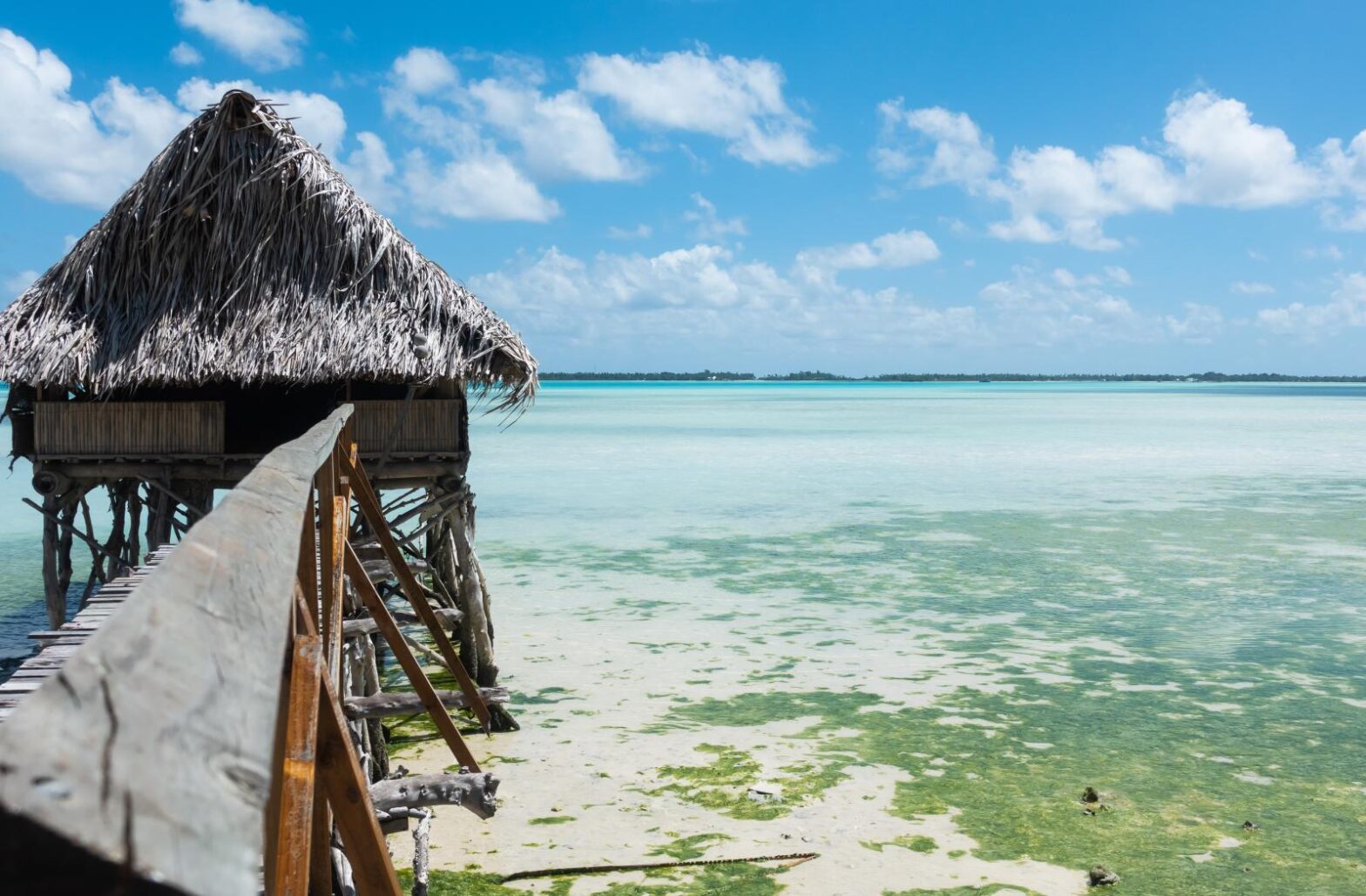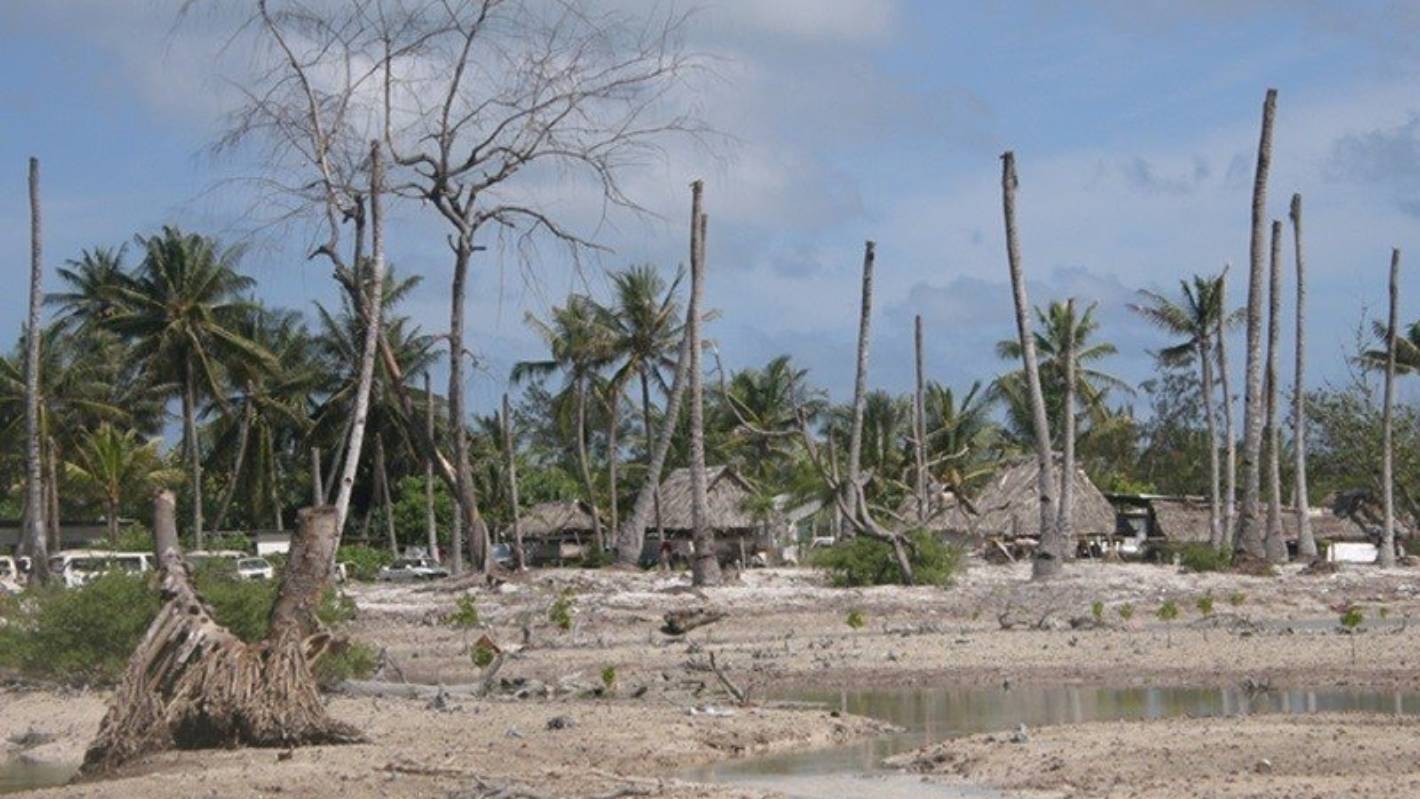Kiribati tuna fisherman believes the local fisheries sector can be sustained at current levels for 30 years or longer with the right governance, as a report suggests Kiribati has become overdependent on tourism
Plans to diversify Kiribati’s economy away from a reliance on licenses for fishing access are some way off being realised, and the island needs to keep its focus on fisheries, according to a local tuna fisherman.
Mike Tallarida, a Kiribati captain operating purse seine vessels in the Western and Central Pacific since 1995, told SeafoodSource he believes the local fisheries sector can be sustained at current levels for 30 years or longer, with the right governance.
“Until the infrastructure is built to attract the tourists to the Pacific islands, the fishing sector is [the] money cow,” Tallarida said. “I don’t think the stocks will be depleted after 30 years with the proper conservation plans. A better accounting of the monies coming into the islands and where they end up needs to be done also.”
Kiribati residents remain dependent on fishing for livelihood, Tallarida said.
“Fisheries provides employment for the locals … from working on vessels to the workers in fisheries offices … to employment as fishing observers, and local administration customs and immigration positions,” he said.
A report published recently by the Stimson Center and the government of Kiribati suggested the Pacific island nation is overly reliant on income from access payments by distant-water fishing fleets. The report suggested Kiribati has become overdependent on revenue from offshore foreign-flagged purse-seine tuna fishing and needs to open up to alternative revenue sources like tourism, while also urgently dealing with environmental issues like waste management.
Co-produced by the Stimson Center alongside the Kiribati Ministry of Environment, Lands, and Agriculture Developments and the Commonwealth Secretariat the report, titled “Rapid Assessment of Climate and Ocean Risks and Options to Address These Risks in Tarawa, Kiribati,” calls for flood management and mitigation, including seawalls alongside restoration of key marine ecosystems like coral reefs.
Efforts to diversify Kiribati’s economy meanwhile should include “developing sustainable coastal tourism and harnessing human capital by investing in green innovation and entrepreneurs [to] reduce reliance on fishing industries which are themselves at risk,” the report said.
This story was written by Mark Godfrey, originally published at Seafood Source on 30 August 2022, reposted via PACNEWS.




